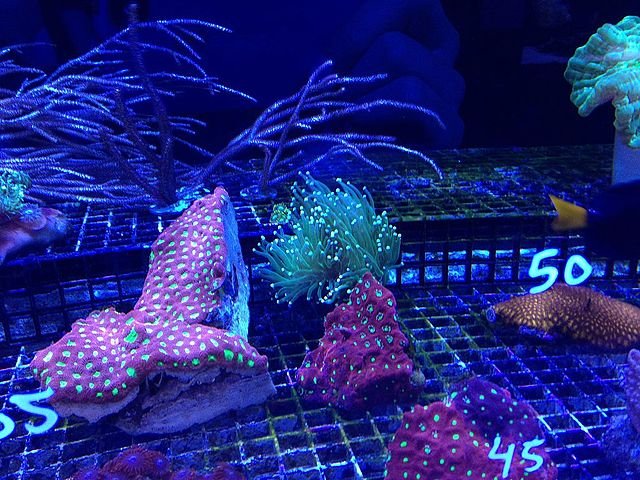USA – Most humans have experienced social anxiety on some level during their lives. While we typically attribute the long-lasting bonds of social familiarity to complex thinkers like humans, growing evidence indicates that we underestimate the importance of friendship networks in seemingly “simple” animals, such as fish, and its importance for survival in the wild. To better understand how familiarity impacts social fishes, a group of research scientists studied this idea using schooling coral reef fish.
Lauren Nadler, an assistant professor in Nova Southeastern University and co-authors, including Jacob Johansen, assistant professor at the University of Hawai’i at Manoa’s Hawai’i Institute of Marine Biology, published their study in Communications Biology.
“We studied how the presence of ‘friends’ versus ‘strangers’ affected how fish responded to a predator threat,” said lead author Nadler. “The presence of ‘strangers’ seemed to distract fish, making them react more slowly and greatly increasing the chance that they would become lunch for a hungry predator when in the wrong social scene.”
Nadler and her colleagues believe that their results come down to trust. In social animals living in the wild, individuals rely on their buddies to alert them if a predator is lurking, but they need to balance the risk of being eaten against the wasted energy of reacting to inaccurate information. So, individuals will alter their sensitivity to social information based on the level of familiarity in the group, and hence trust in the information’s accuracy.
“Trust among individuals is critical. This is true for humans as well as many other species, including fishes,” said Johansen. “Our research in fishes shows that when accurate information transfer breaks down, so too does the chance of survival for the individual and the group as a whole.”
Further, the researchers’ results seemed to be driven by a combination of greater vigilance by the first fish to detect the predator, as well as more effective information sharing among neighboring fish.
“Our work shows that readiness to react to a threat depends on who is around you, if you are a fish,” said Paolo Domenici, research director with the Institute of Biophysics at the Italian National Research Council. “If you are in an unfamiliar social environment, this is already something you need to pay attention to. If you are surrounded by familiar individuals, then you will be able to pay attention to any external threat more readily.”
This research is an example of UH Manoa’s goal of Excellence in Research: Advancing the Research and Creative Work Enterprise, one of four goals identified in the 2015–25 Strategic Plan, updated in December 2020.
Stay Always Informed
Join our communities to instantly receive the most important news, reports, and analysis from the aquaculture industry.
Reference (open access):
Nadler, L.E., McCormick, M.I., Johansen, J.L. et al. Social familiarity improves fast-start escape performance in schooling fish. Commun Biol 4, 897 (2021). https://doi.org/10.1038/s42003-021-02407-4
Source: University of Hawai´i
Editor at the digital magazine AquaHoy. He holds a degree in Aquaculture Biology from the National University of Santa (UNS) and a Master’s degree in Science and Innovation Management from the Polytechnic University of Valencia, with postgraduate diplomas in Business Innovation and Innovation Management. He possesses extensive experience in the aquaculture and fisheries sector, having led the Fisheries Innovation Unit of the National Program for Innovation in Fisheries and Aquaculture (PNIPA). He has served as a senior consultant in technology watch, an innovation project formulator and advisor, and a lecturer at UNS. He is a member of the Peruvian College of Biologists and was recognized by the World Aquaculture Society (WAS) in 2016 for his contribution to aquaculture.







